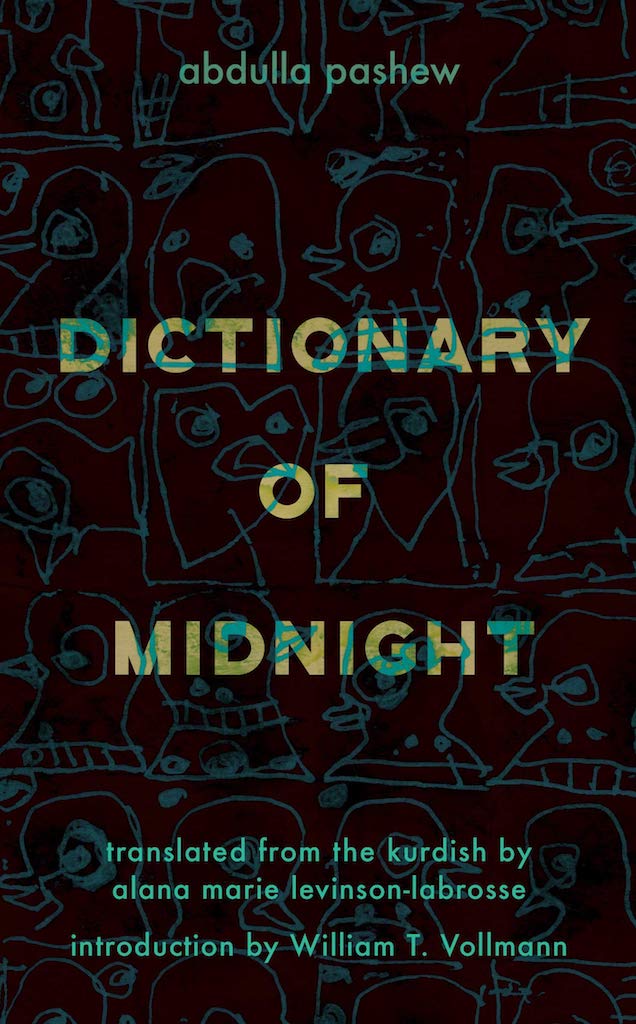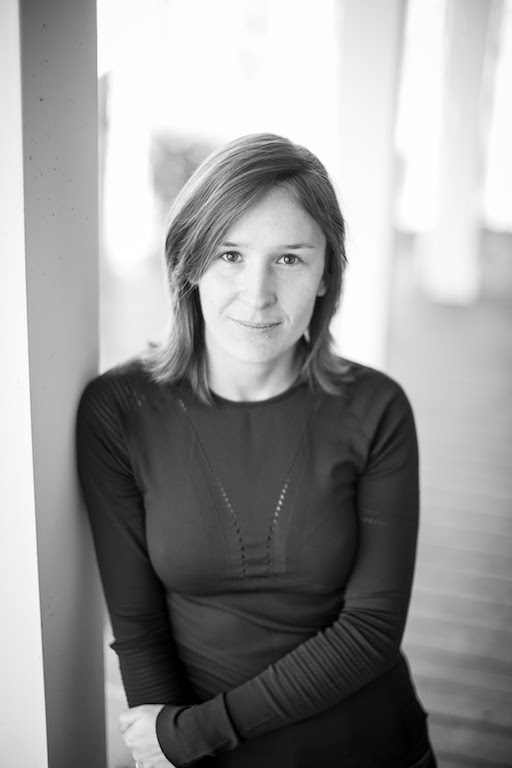Kurdish is a language in which words often break down into image. A friend, haur̄ê (هاوڕێ), shares your path. A lover, hauser (ھاوسەر), shares your head. I do not wait for you, çauer̄êm (چاوهڕێم), I put my eyes in the road. You do not disappoint me, destî şkawm (دەستی شکاوم), you break my hands. No one confesses, danî pêdabnî (دانی پێدابنی), one steps on one’s teeth. To comfort, dłdanewe (دڵدانەوە), one gives back the heart. This element of Kurdish delights me: to crack a word open and peer inside it, to find a world within a word, a world where the abstract is embodied. The Kurdish language calls the body into every conversation, fashioning idea from body. There is no hiding the body, not even to protect it.
Each time I translate a poem from Kurdish, I map where these images occur then decide how, where, and if I can sustain that image in English. These images are so new to English, so inventive, and so emblematic of how the Kurdish language tends toward the palpable, I lean toward keeping as many of them as the translation will bear. This process became a negotiation when I translated the poems of Abdulla Pashew in consultation with the poet himself. Pashew, perhaps the most famous Kurdish poet alive today, is fluent in English, Russian, Arabic, and Kurdish.
We discussed each translation from Dictionary of Midnight (Phoneme Media/Deep Vellum, 2019). When he wasn’t sure of a word, or couldn’t find what he was looking for in English-Kurdish dictionaries (as yet underdeveloped), he would track a word from Kurdish into Arabic or Russian and then into English: a remarkable game of hopscotch. Examining each translation at the level of the word, we quickly recognized that I strived to preserve these images where Pashew would prefer I normalize them.
To him, these words were not remarkable. Translating them as live images rather than dead metaphors distracted the reader and asked the poem to do work the poet had not intended. To me, these words were part of the poem’s work, and part of how the poems could bring newness to familiar ideas of love, country, exile, longing. Instances of this difference crept up so often, they became a joke between the two of us. “Ah, Marusha,” the poet would laugh, using Russian diminutives, and then we would battle it out.
His poem “Resurrection” took us to several battlefields. Structurally, the poem is simple. The poet begins in despair. Then, the world interrupts and “compels” him “to beg the heavens / to stretch the bridge of [his] life so long / [he] won’t be able to cross it, even in a thousand years.” The belly of the poem is the list of all the ways in which the world interrupts his despair. Within this list are several of these image-laden, embodied words.
Kurdish does not use “blade of grass”, but “finger of grass” (pnjegia, پنجەگیا). There is no “burst of an infant’s laughter,” but a “yellow smile” (zerdexene, زەردەخەنە). There is an “ample woman,” but more precisely, there is a “knight-lady” (şorejn, شۆرەژن), a companion word to one of the highest Kurdish compliments for a woman: lion-lady (şêrejn, شێرەژن). And this “ample woman,” her breasts are not actually “rebellious,” but have “weighty heads,” bodies within bodies.
Just listing these here, I am drawn in again by all the possible translations. As a translator, I challenged but honored Pashew’s sense of when to make the novel images hidden within Kurdish visible. In another poem, “Good Morning,” we went several good-natured rounds on a phrase that could have been lexicalized as “a branch in a strong wind.” Having just read Pound’s “In a Station of the Metro,” with the rhythm of his “petals on a wet, black bough” echoing in my head, I couldn’t pass by the more literal rendering: “a branch in the mouth of a black wind.” Oh, and “echo”? To give back the voice.
In “Resurrection,” I deferred to the lexical. As a poet, I can live in the world of a single word. I can imagine what it means for breasts to have their own weighted heads, for there to be bodies within bodies. I can think about how the words “gravity” and “head” create the word “defiant,” how I could invite the images and questions that live in “Resurrection” out of the shadows. And this is the fascinating dichotomy of Kurdish for native speakers: the body is constantly present and precisely because of that it is somehow overlooked. This is the joy of coming to a new language as an adult. I am once more a child. Each word I learn is strange. Every image is play. Every sentence, experiment. My ears are alive to the language. I hear the body everywhere.




